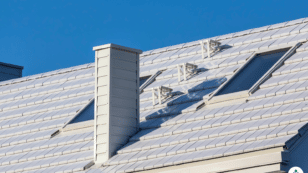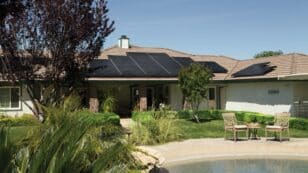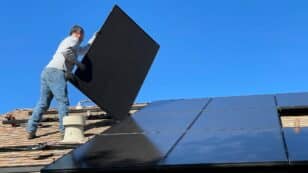
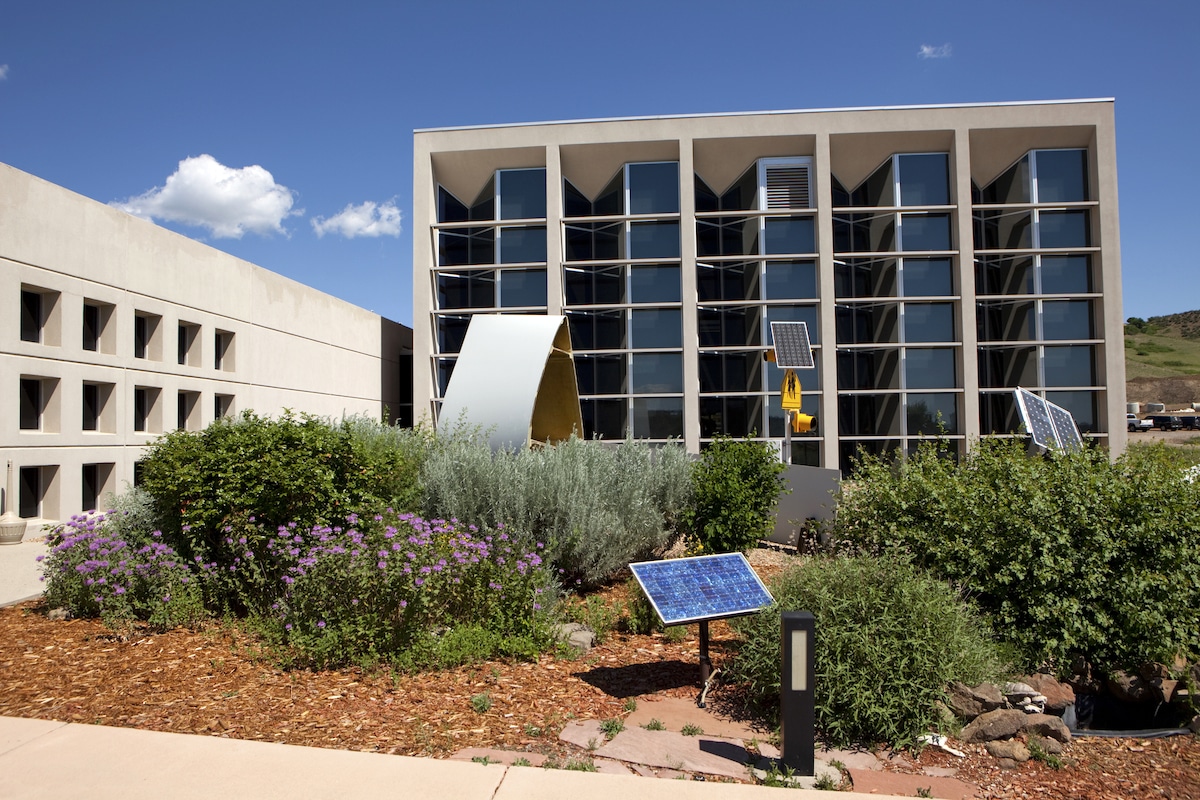
Complete Guide to No-Deposit Electricity Plans (2024)
If you’re considering a new energy plan to reduce your monthly utility bills while keeping upfront costs low, a no-deposit option might be ideal for you. In this guide, we’ll answer questions like:
- What is a no-deposit energy plan?
- How does a no-deposit electricity plan work?
- What are the pros and cons of a no-deposit energy plan?
- Who is a no-deposit energy plan best for?
Each product and or company featured here has been independently selected by the writer. You can learn more about our review methodology here. If you make a purchase using the links included, we may earn commission.
Many homeowners in states that have electricity market deregulation don’t realize that they have an energy choice. Among those that do, few understand the different types of energy plans they can choose and how to pick the best one for their energy needs and budget. One popular option is the no-deposit energy plan, which minimizes the upfront costs of switching plans.
What Is a No-Deposit Electricity Plan?
Most electric companies require a deposit when you sign up for a new energy plan, which means you’ll have an upfront payment due before any energy is delivered to your home. A no-deposit energy plan is exactly what it sounds like: It’s a plan you can switch to that doesn’t come with an upfront sign-up fee. You won’t be charged anything until your first bill is due, at which point you’ll be charged per kWh, plus (typically) a standard electric service fee.
How Does a No-Deposit Energy Plan Work?
A no-deposit electricity plan works very similarly to other energy plans, and, in fact, they can be nearly identical to other options. No-deposit plans can include a contract for a specific term, they can have a variable or fixed rate per kWh and they can include introductory per-kWh rates. The primary difference is that there is no sign-up fee for no-deposit energy plans.
In most cases, sign-up fees are used by utility companies as a way to offset losses in the case of a non-paying customer. You make a payment upfront, which minimizes how much the power company loses if you fail to pay your bill at any point throughout your contract.
With no-deposit plans, electricity companies typically use a credit check to qualify new customers with good credit for these plans, which helps rule out customers who are below the credit threshold and are more likely to miss a payment. Alternatively, companies may offer prepaid energy plans, which are a type of no-deposit plan.
Beyond this one significant difference, your no-deposit energy plan will work just like any other option. You’ll still receive monthly or quarterly electric bills, depending on your energy provider, and you’ll still be subject to the contract if there is one.
Why Do Electric Suppliers Normally Require a Deposit?
As mentioned above, energy companies have deposit requirements to recover some of the potential losses they’d face if a customer is unable to pay their energy bill.
Upfront deposits are almost always required for customers with bad credit, but if you’re willing to be subjected to a credit check and pass, you could get an energy plan that normally requires a deposit without the need to pay it. The credit check is used to verify the likelihood that a customer will pay their energy bill, and the decision to charge a deposit or not is based on that risk.
Are No-Deposit Plans the Same as Prepaid Energy Plans?
No-deposit plans and prepaid plans — also called pay-as-you-go plans — can be the same, but that isn’t always the case. No-deposit energy plans are regular plans in which the sign-up fee is waived for a customer with a qualifying credit score. Prepaid plans allow customers to pay upfront for a specific amount of power while avoiding a sign-up fee.
Prepaid plans require that you place money into an account via a bank deposit or credit card payment, and that account will be drawn from for billing purposes. Prepaid energy plans let you avoid a deposit, and there is no ID requirement, but they also can lead to power outages if you forget to top up your account.
Most power and light companies will send updates about your electricity usage — gathered from smart meters in most cases — to reduce the risk of this happening. Plus, since you’re never charged beyond what you place in your energy account, you’ll always know the maximum you’ll pay for energy, which helps budget and save more effectively.
Here’s a video explaining prepaid energy plans:

Constellation Energy

Nationwide Service
Average cost
Pros
- Many years of experience
- Great industry reputation
- Award-winning company
- No.1 producer of carbon-free energy in the U.S.
- Makes charitable contributions
Cons
- Charges contract cancellation fees
- No prepaid or no-deposit plans

Green Mountain Energy

Nationwide Service
Average cost
Pros
- Green-e certified plans
- Wide variety of contract term options
- Low number of customer complaints
- Many years of experience
- Makes charitable contributions
Cons
- Charges contract cancellation fees
- No prepaid or no-deposit plans
- No satisfaction guarantee

Clearview Energy
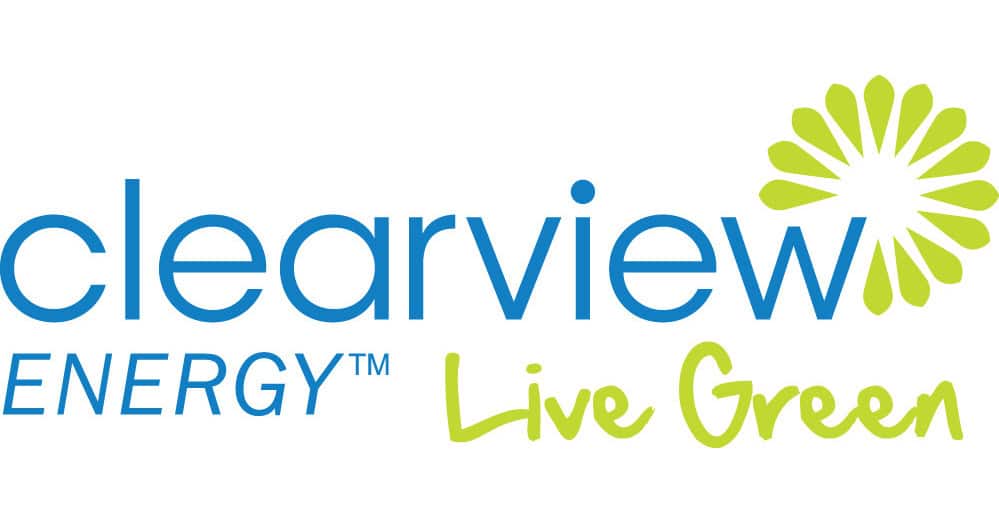
Nationwide Service
Average cost
Pros
- Many years of experience
- Makes charitable contributions
- Values transparency
- All plans use clean energy
- Low rates
Cons
- Charges contract cancellation fees
- Some reports of misleading door-to-door sales
Pros and Cons of No-Deposit Electricity Plans
No-deposit electric plans have their upsides and downsides, just like any other plan. We’ll discuss the pros and cons below.
Benefits
Of course, the most appealing benefit of a no-deposit energy plan is not having to pay a sign-up fee. They help reduce your upfront costs, which ultimately saves you money. In the case of a prepaid energy plan, you’ll maintain complete control of what you pay for electricity, which can make budgeting for utilities a breeze.
It’s also impossible to get late payments with prepaid energy plans, so your payment history will never affect your credit score. Lastly, prepaid plans are also sometimes called “no credit check electricity plans” because they don’t require a credit check and won’t affect your credit score.
Downsides
There are some downsides to no-deposit energy plans as well. First and foremost, they often come with slightly higher per-kWh charges, especially in the case of a prepaid plan. As such, they can sometimes end up costing a bit more — especially if you choose a variable-rate plan.
Another downside of prepaid plans is the risk of losing power if you forget to add money to your account balance, which can be a hassle.
Not sure whether a prepaid or no-deposit plan is a good idea for you? Click below to connect with a vetted energy company in your area and get personalized advice.
Who Should Get a No-Deposit Electric Plan?
A no-deposit energy plan is ideal for homeowners who have high credit scores and don’t mind being subjected to a credit history check. The process is unlikely to negatively affect your credit — unless you have multiple other inquiries around the same time — and it will save you money on switching to a new energy plan.
Prepaid plans are great no-deposit options for customers who can remember to add money to their electric accounts regularly. They allow you to avoid upfront costs and retain total control of your energy budget.
No-deposit energy plans can also be a great option for customers looking to exercise their electric choice and who might want to switch to another electric provider in the near future to take advantage of lower energy rates. They allow you to save money when switching utility companies, and some offer month-to-month contract options so that you can choose a new provider at any time.
What to Look for in a No-Deposit Energy Plan
There are a few things you should look for in a no-deposit energy plan to ensure you’re getting the best deal. First, we recommend fixed-rate energy plans for most customers, as they guarantee a specific per-kWh rate, which means you’ll never see unexpected spikes in electricity rates. Variable-rate options have their upsides as well, but their rates have the potential to skyrocket in times of high demand or low energy supply.
You should also look for a favorable per-kWh rate. You can compare energy plans to find a rate that works for you, but remember to look at other contract details as well, including the term, introductory rates and early termination fees. If you’re shopping for prepaid electricity plans to avoid paying a sign-up fee, remember that rates will tend to be a bit higher than they would with long-term contracts.
Lastly, you should check where the energy is coming from with your plan. Many no-deposit electricity companies offer 100% renewable energy plans, which we very strongly recommend. They tend to be just 1 to 2 cents higher per kWh on average, but they let you promote clean energy without having to purchase any equipment, and they reduce your carbon footprint and pollution.

 233k
233k  41k
41k  Subscribe
Subscribe 



